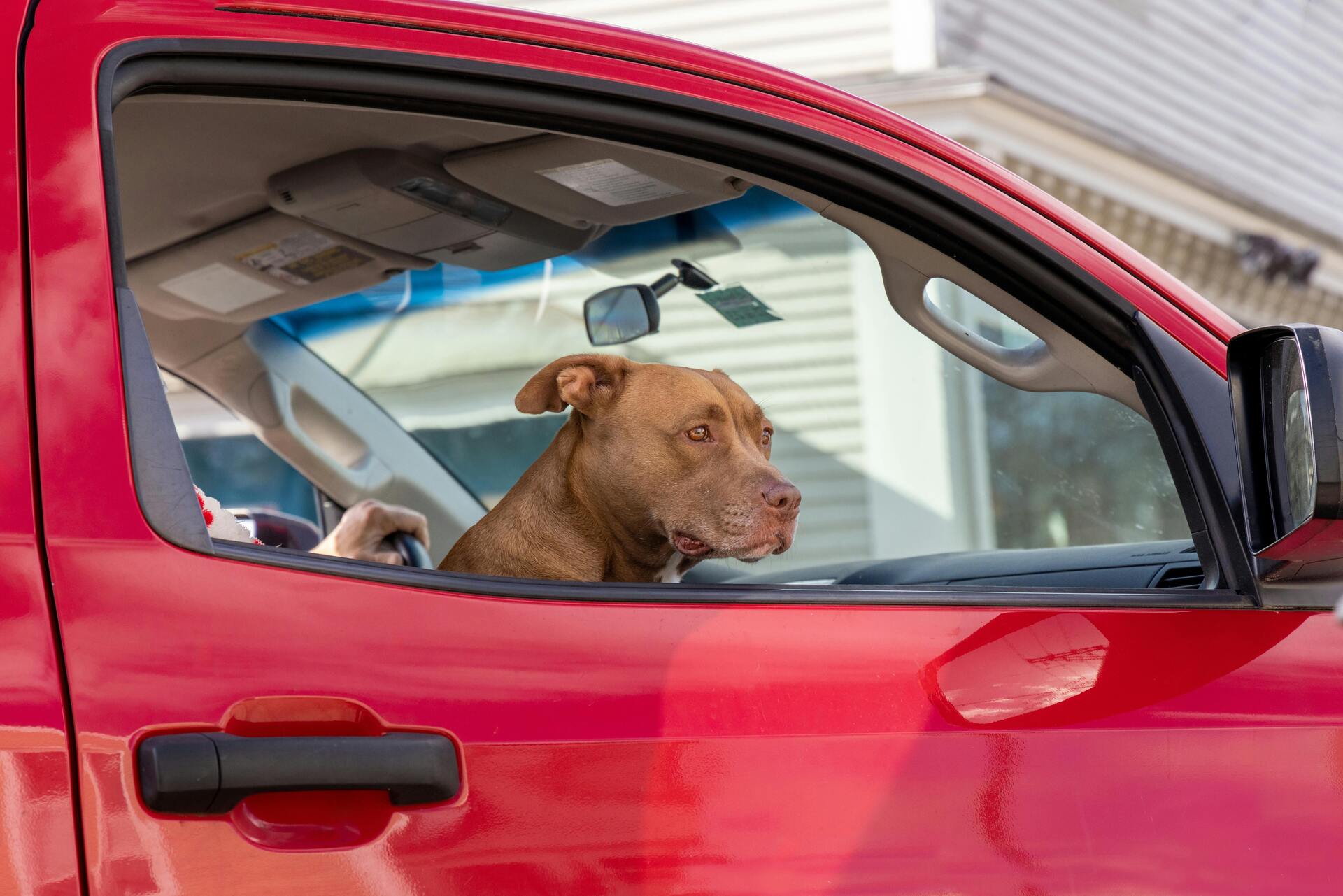
This is highly dependent on your individual dog's needs. A minimum annual examination will keep your pet up to date on preventive care and will maintain a VCPR (veterinary-client-patient relationship) with your vet, allowing them to answer your patient-specific questions legally. Technician appointments do not count.
In many clinics, being an established patient makes getting a sick appointment more efficient. This can be beneficial when you have an urgent but not emergent concern. Most clinics are capable of handling urgent issues but have limited capacity, so existing patients are prioritized when filling available appointments.
Most dogs, as they progress into adulthood, will also benefit from a dental cleaning under general anesthesia. The frequency depends on your dog's oral health and can range from annually to every 3 to 5 years.
Once your dog is considered a senior, which depends on its breed and size, an examination is recommended every six months and often involves more screening tests. Larger dogs are considered seniors sooner, typically around seven years of age. Small dogs without medical conditions may transition to senior care closer to ten years of age.
If your dog has been diagnosed with a chronic condition, the frequency of examinations depends on your dog's condition, but generally, it will not exceed 6 months.
Remember, these are minimums and assume your pet is doing well between appointments. If you have a concern, reaching out to your veterinarian to schedule an exam is always a good idea. If your pet is not improving for a mild concern over days to weeks, or if they are steadily getting worse, an exam is warranted.
Dog Sense contains information related to veterinary health care and does not replace veterinary advice. For any concerns about your dog's health, consult your veterinarian. Dog Sense content is not individual advice and should be considered in the context of your dog’s individual health needs.
Dr. C, DVM - a veterinarian who has worked in private practice and animal welfare while occasionally donating her time to research to improve the safety of animal products. Working in animal welfare inspired her to pursue opportunities that foster open educational dialogue that meet people where they are in their lives. In her spare time she enjoys gardening, hiking, and cooking with her family.